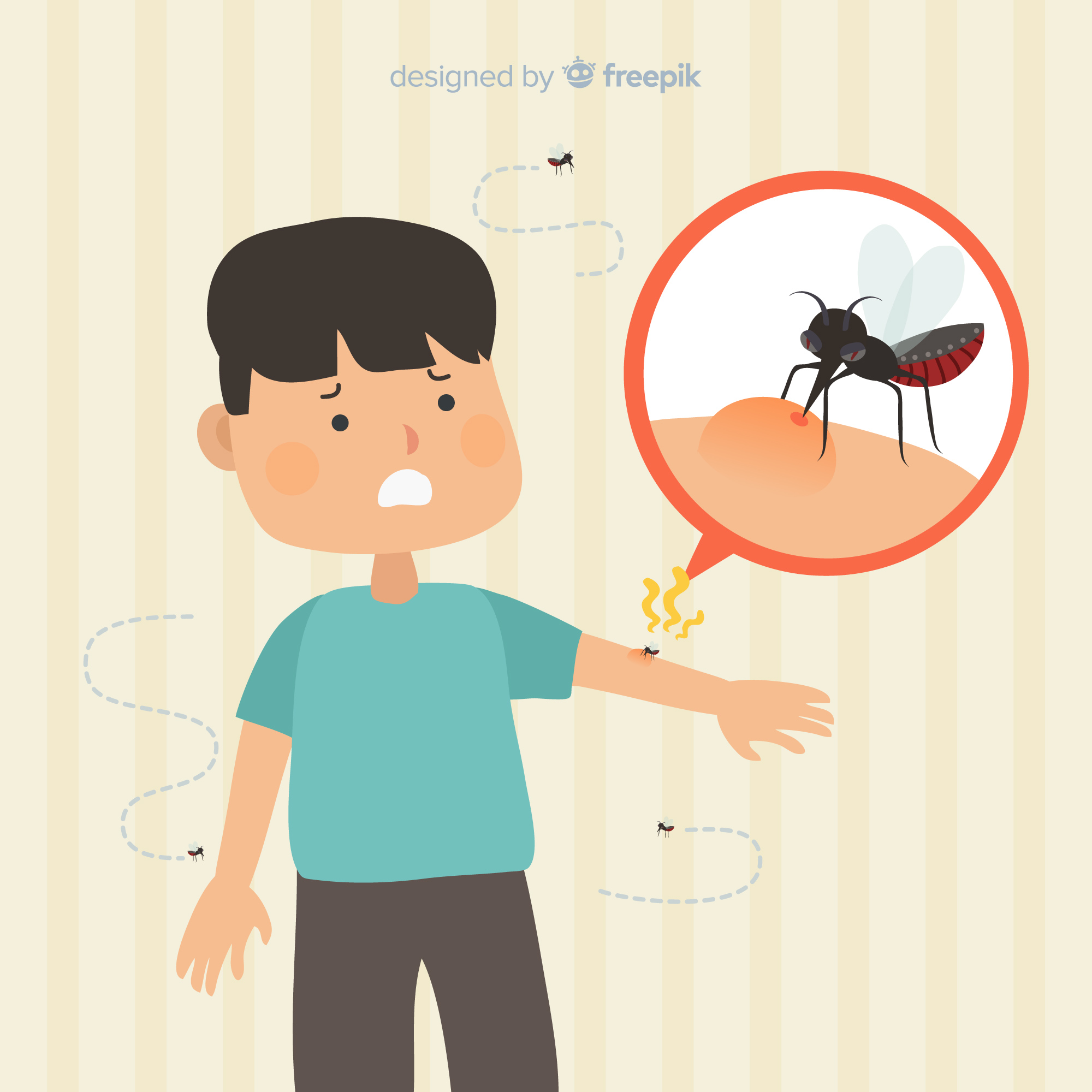MALARIA:
UNDERSTANDING THE DISEASE, ITS IMPACT, AND PREVENTION.
 Fig. A boy exposed to a mosquito.
Fig. A boy exposed to a mosquito.
OUTLINES:
WHAT IS MALARIA ?
MALARIA SYMPTOMS,
RISK FACTORS OF MALARIA DISEASE
COMPLICATIONS OF MALARIA DISEASE,
PREVENTIVE MEASURES,
WHAT IS MALARIA?
Malaria is transmitted to humans through the bite of infected female Anopheles mosquitoes. The Plasmodium parasite enters the bloodstream, multiplying in the liver and then infecting red blood cells. This process leads to cycles of fever, chills, and other flu-like symptoms.
MALARIA SYMPTOMS:
The malaria fever symptoms usually appear within two weeks (10–14 days) from the day of infection by a Plasmodium-infected mosquito (malaria vector). The early symptoms of malaria include a cold, headache, and a high temperature with chills. Some people, especially those who have previously been infected with malaria, may experience only minor symptoms.
The following are the malaria fever symptoms:
Feeling very tired
Difficulty in breathing
Nausea and vomiting
Increased bowel moments
Cough
Abdominal pain
Joint pain
Bloody urine (dark-coloured)
Seizures
Yellow discolouration of eyes and skin (Jaundice)
RISK FACTORS OF MALARIA DISEASE:
Living in or traveling to regions where malaria is prevalent is the highest risk of contracting the illness. The level of risk is determined by regional efforts to combat malaria, seasonal variations in malaria cases, and the precautions to avoid mosquito bites. These are some common risk factors of malaria disease:
1.Staying near to old ponds and lakes,
2.Visiting unhygienic localities,
3.Mosquito prone areas,
The Following Are At High Risk Of Having Malaria Disease:
1.Infants and children (less than five years)
2.Pregnant women,
3.Nonimmune civilian and military travelers,
4.Disease-naive populations,
5.HIV or AIDS-infected patients.
COMPLICATIONS OF MALARIA DISEASE:
Severe malaria can cause complications within hours to days from the initiation of symptoms, such as:
Cerebral malaria,
Severe anemia,
Decrease in blood sugar levels,
Pulmonary oedema,
Acute renal failure,
PREVENTION OF MALARIA DISEASE:
Prevention and control of malaria disease include intake of anti-malarial medications and taking precautions to avoid being infected by mosquitoes. These are some common measures to prevent malaria disease:
Usage of Environmental Protection.
Agency-registered insect repellent.
Dressed in long sleeves and pants.
Apply permethrin on the clothes.
Prevent mosquitoes from entering the room at night.
Usage of mosquito net while sleeping.
The water tub should be closed with lids.
Stagnant water should be cleared.


You must be logged in to post a comment.